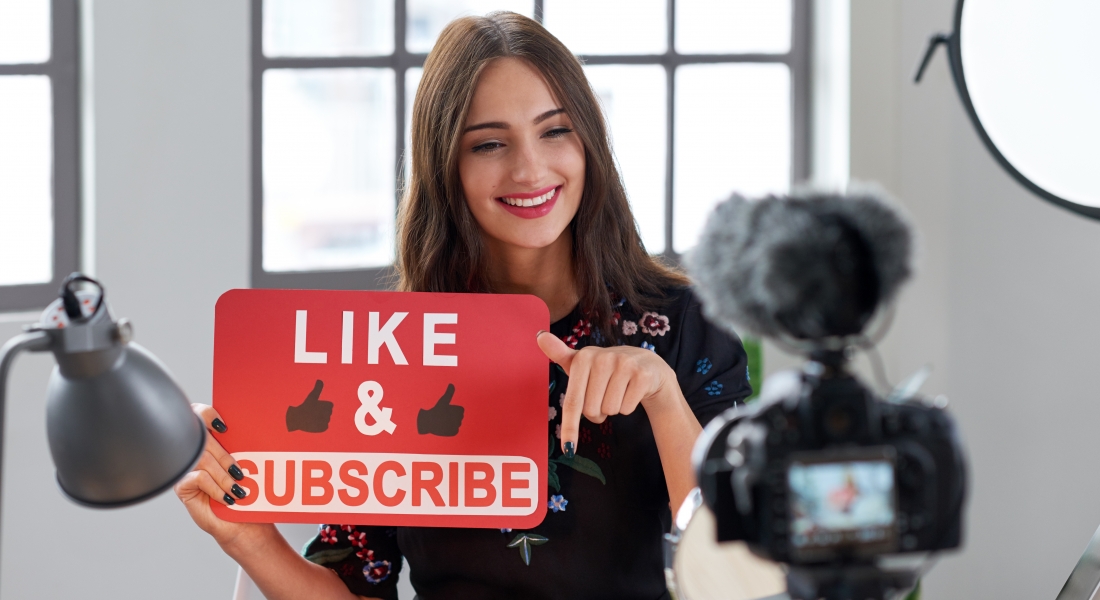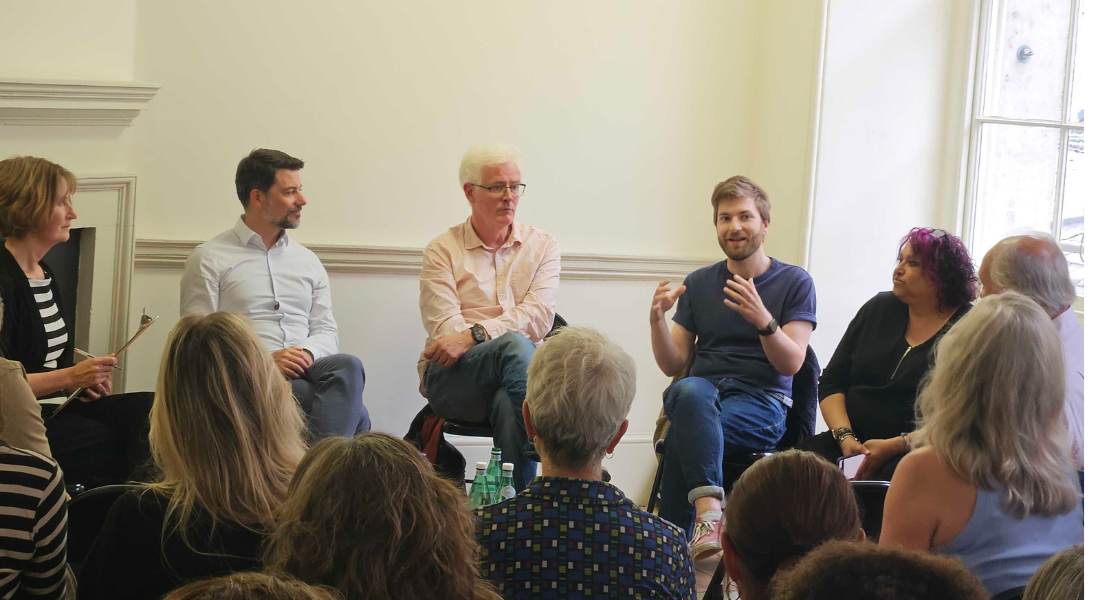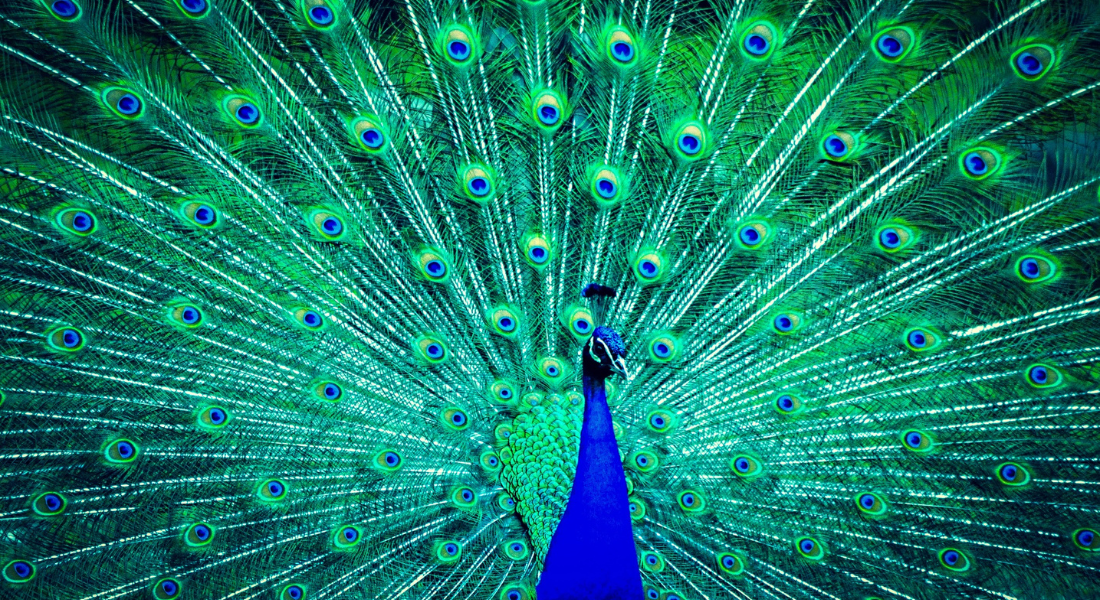T agging an Instagram post with #ad is now par for the course in the consumer world, a world becoming increasingly suffocated by influencer marketing. This new breed of celeb has emerged in the past decade thanks to social media and many take payment for endorsing certain products from brands and then posting about just how much they love these products to their armies of followers.
This trend isn’t far from traditional celebrity endorsement. Whether it’s Gary Lineker eating crisps or Jennifer Aniston washing her hair, us (naïve) consumers are supposed to think the stars we know and love are genuinely using these products, in the hope we’ll rush out and buy the crisps and use the shampoo. But what about in the B2B world? A world where the target audience is very different, and often very niche, and the platforms used to target prospects more than likely not Instagram? Or, as the worlds of B2C and B2B content collide, and the formats that people consume content shift, should B2B influencer marketing be treated no differently from B2C?
Here I examine four breeds of B2B influencer and consider how within reach it would be for businesses to reach out to them, and what the future may hold for this as a marketing strategy.
The business leader
We put a shout out on Twitter a couple of weeks back asking our followers, made up primarily of B2B professionals, to share their thoughts on who the ultimate B2B influencer is. The first reply was, perhaps unsurprisingly, Richard Branson. Whatever your opinions on the man, it’s safe to say he has retained his position as a business influencer over the past 35 years. His views frequently hit the headlines and people do listen to him, just like in this piece warning of the financial dangers of a no-deal Brexit. But with so many brands in the Virgin portfolio, it’s hard to imagine a time when Branson would start advertising other B2B products to his 3.9m Instagram followers…
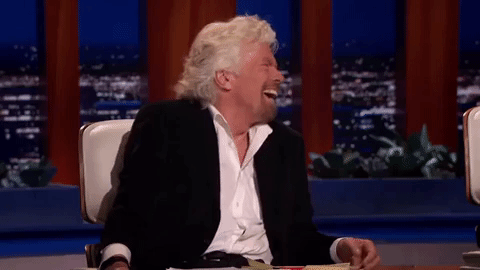
Is Richard Branson the ultimate B2B influencer?
The thought leader
Just as in the B2C world, social media has allowed individuals to develop personal profiles, although the platforms differ slightly. LinkedIn is historically a more natural fit for the B2B crowd, yet that is changing. Gary Vaynerchuk (1.94M Twitter followers) and Guy Kawasaki (1.44M Twitter followers) have firmly secured themselves as having major influencer status. Most importantly, again, business leaders listen to what they have to say. They can drive the narrative of a conversation and ultimately influence peoples’ purchasing decisions.
One way for brands to engage with these influencers is to ask for their comments on certain trends or products, or by asking them to take part or speak at relevant industry events. This way you can piggyback on their followers and expand brand awareness of your own product as a result.
The mainstream celebrity
A totally different strategy in B2B influencer marketing is the use of mainstream celebrities to endorse products. This is unusual in that, whereas for consumer brands the general public can picture the celeb using the product, that’s more difficult to imagine in B2B. Take Gordon Ramsay for example. The celebrity chef has recently been the face of contact centre software NICE. One of the video ads he features in has been viewed a whopping 6 million times on YouTube and you’ll probably spot his face advertising the software on London cabs and on Tube posters. An unusual strategy in B2B, this type of media buying requires deep pockets (as would Chef Ramsay’s fee). Without the insight on the business’s bottom line is tricky to gauge the campaign’s effectiveness, but it’s got us all talking about it. Could this be a trend we see growing in the B2B world? Which celeb would you like to front your ad campaigns?
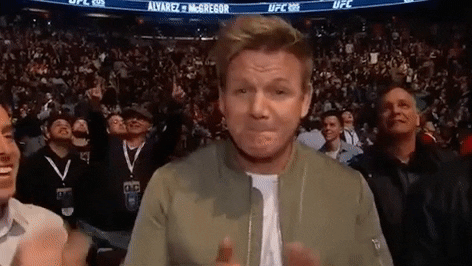
Gordon Ramsay may not spring to mind when you think of B2B influencers, but he is now endorsing a B2B product.
The journalist
Finally, another group of heavyweight influencers comes in the form of industry journalists, as our Twitter shout out also revealed (below).
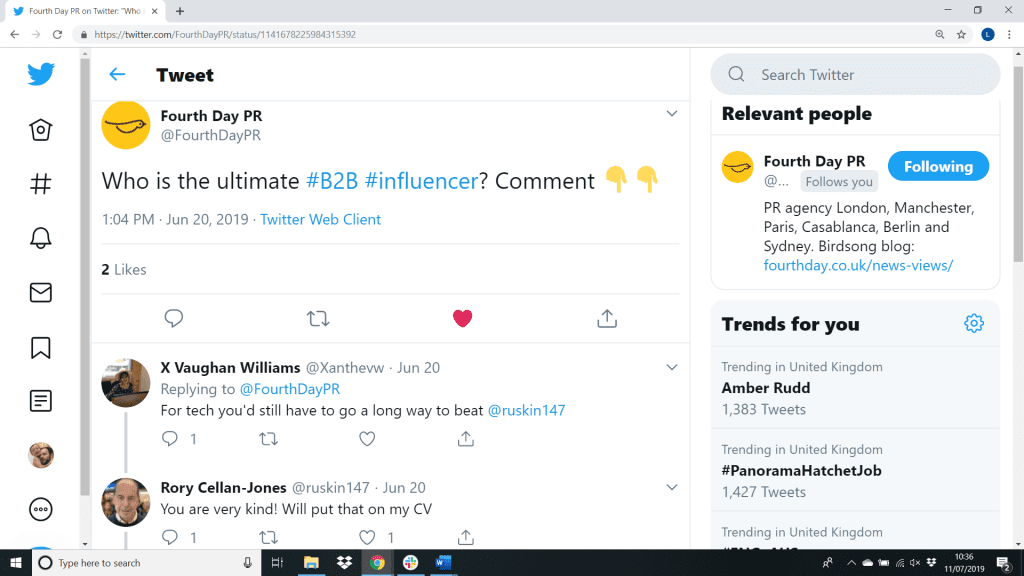
Journalists have huge amounts of power to influence opinion and buyer behaviour.
Journalists driving attention towards certain brands and revealing the benefits of a product can have massive impact on brand awareness and ultimately sales. But it’s getting the right journalists, that will target the most suitable audiences, to cover your product that’s the tricky bit. Which is where good old-fashioned media relations comes in…
And if you want to find out more about the history of influencers (including Queen Victoria and Kylie Jenner) you can read this piece.
Share this:

